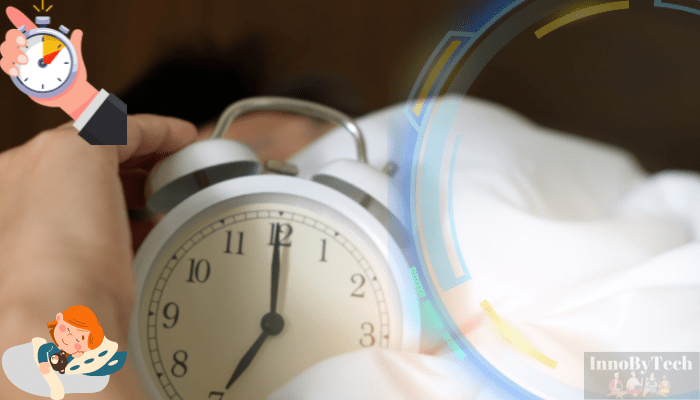How to Maintain a Healthy Sleep Cycle When Spending 8+ Hours in Front of Computer
In an era where digital technology dominates our work and leisure time, maintaining a healthy sleep cycle amidst prolonged computer use has become a significant challenge.
Sleep, an essential component of our overall well-being, is often compromised by the demands of our screen-centric lifestyle.
This growing concern highlights the need to understand the impact of extensive computer use on sleep quality and to explore strategies for preserving a healthy sleep cycle.
By delving into recent sleep statistics and research, this discussion aims to provide practical insights for those grappling with balancing screen time and sleep health in today’s digitally-driven world.
The Importance of Sleep

Sleep, essential for physical and mental health, is often disrupted by our digital lifestyles.
Understanding how extensive computer use impacts our sleep and learning to manage it is crucial for maintaining well-being.
Sleep Statistics
Recent statistics highlight the critical state of sleep health in an era dominated by screen usage.
The National Sleep Foundation emphasizes the need for adults to get seven to nine hours of sleep each night.
Despite this, over one-third of adults report sleeping less than the recommended hours, leading to adverse effects on health and work performance.
This sleep deficiency has an estimated economic impact of more than $411 billion annually in the U.S. alone.
Geographical disparities in sleep patterns are also evident, with variations in sleep duration across different states.
For instance, in Hawaii, a higher percentage of adults sleep less than seven hours compared to states like Colorado.
Furthermore, snoring, which affects a considerable portion of the population (57% of men, 40% of women, and 27% of children in the U.S.), points to widespread sleep issues.
These statistics underscore the importance of addressing sleep health in our increasingly digital world, where screen time significantly influences sleep quality.
Impact of Screen Time on Sleep

Prolonged exposure to screens, particularly before bedtime, significantly impacts sleep quality.
The blue light emitted from digital devices disrupts melatonin production, a crucial hormone regulating sleep-wake cycles.
This interference can lead to difficulties in falling asleep and a decrease in sleep quality.
The mental stimulation from engaging with content on screens can prevent the mind from relaxing, further impeding the onset of sleep.
Addressing screen time, especially in the evening, is vital for maintaining a healthy sleep cycle in our increasingly digital world.
Strategies for Better Sleep Hygiene
Improving sleep hygiene is essential in counteracting the effects of extended screen time.
Key strategies include establishing a consistent sleep schedule and creating a sleep-conducive environment.
This involves going to bed and waking up at the same time daily, ensuring a dark, quiet, and cool bedroom, and engaging in relaxing activities before bed, like reading or taking a warm bath.
Limiting caffeine and alcohol intake in the evening and reducing screen time at least an hour before sleep can also significantly enhance sleep quality.
Adopting these practices promotes a more restful and restorative sleep, essential for overall health and well-being.
Final Remarks

The quest for maintaining a healthy sleep cycle in the face of extensive computer use is a critical aspect of modern health and wellness.
The alarming statistics about sleep deprivation and its economic and health impacts underscore the urgency of this issue.
The disruptive influence of screen time, especially before bed, is a significant factor affecting sleep quality.
However, by adopting practical strategies such as managing screen exposure, improving sleep environment, and adhering to a consistent sleep schedule, individuals can greatly enhance their sleep quality.
Embracing these changes not only benefits physical and mental health but also contributes to overall life satisfaction and productivity.
As we navigate our digital-dominated world, prioritizing and cultivating healthy sleep habits is essential for sustaining our well-being






